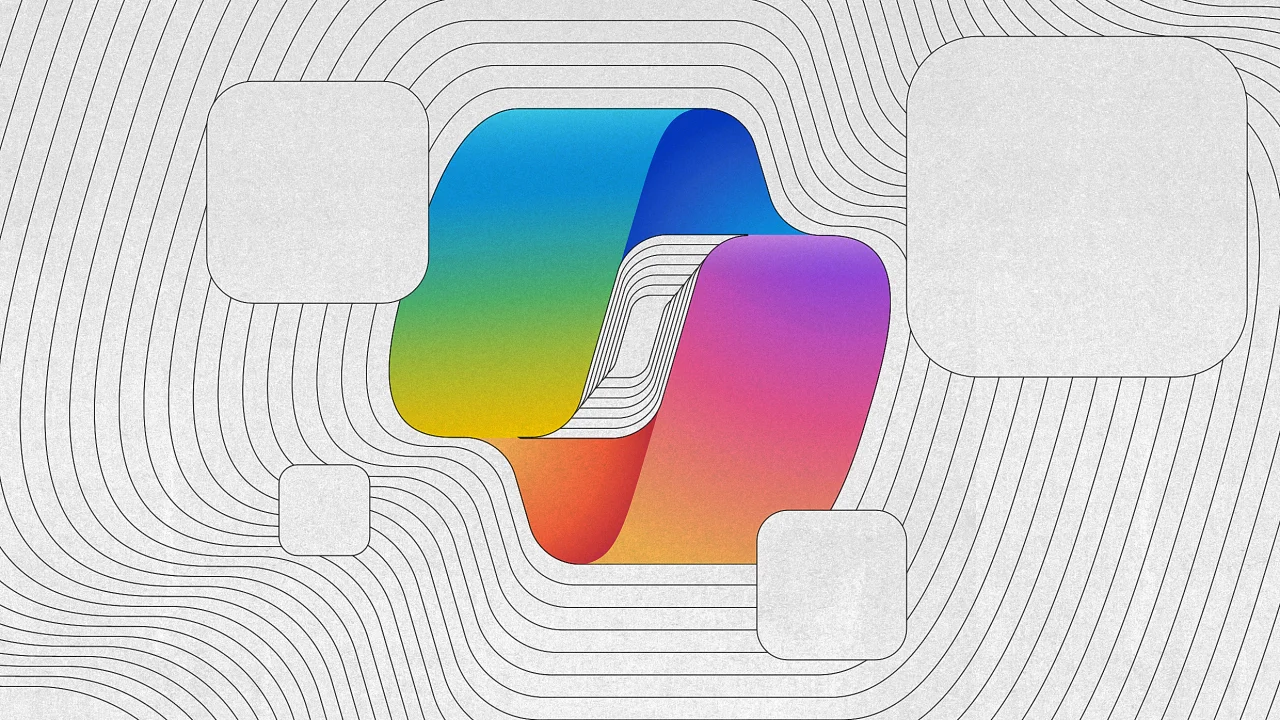How Microsoft turned ‘copilot’ into a catchall for AI

You’ve no doubt heard of Microsoft’s Copilot. But can you define exactly what it is?
If you find that question a challenge to answer concisely, you’re not alone. In the scramble to convert increasingly ubiquitous generative AI capabilities into recognizably branded tools, Copilot has succeeded—sometimes to the detriment of its own brand.
Consider the most recent evidence of the Copilot brand’s cultural profile: a request from the Better Business Bureau’s National Advertising Division recently asked Microsoft to adjust its Copilot branding and advertising to avoid confusing or misleading consumers. Part of the problem, it seems, is the way Microsoft has stretched the Copilot brand into a kind of catchall for all things AI. (Microsoft Copilot itself says there “are multiple Copilots, each tailored to specific tools and platforms,” listing about a half-dozen “key” examples.)
In part, the NAD argued that Microsoft’s claims that Copilot boosts productivity and ROI were backed only by a study that actually measured “a perception of productivity.” It also suggested Microsoft is using the Copilot name across so many AI products and features it’s not always clear which advertised capabilities apply in which use cases. A description of Copilot “working seamlessly across all your data,” for example, might mislead a user who wasn’t clear on which Copilot-branded tool it referred to.
“Based on the context of the claims and universal use of the product description as ‘Copilot,’” NAD’s recommendation concluded “that consumers would not necessarily understand the differences.” A Microsoft statement to Fast Company said that while it disagreed with NAD’s critical conclusions, it is “happy to make small adjustments to help customers better understand the differences between the chat and in-app experiences, or to clarify when a study reflects consumer perception.”
It’s true that the Copilot name has (to the annoyance of some users) long replicated itself across multiple Microsoft product lines as an all-purpose signifier of AI integration. As The Verge has argued previously, this seems to be partly the fallout from efforts to attract more business customers to pay for Copilot capabilities—and that plays out in occasionally confusing ways. For example, Microsoft 365 Copilot Chat (formerly Bing Chat Enterprise) is actually distinct from Business Chat for Microsoft 365 Copilot (formerly Business Chat, a component of Teams).
This gets at a deeper issue. The irony may turn out to be that there are just too many Copilots (and not just at Microsoft), and the term is being run into the ground. In fact, it risks becoming less of a signifier than a near-generic cliché (see the sparkle emoji of generative AI branding).
The first significant use of the term “copilot” as an AI-associated name was actually GitHub Copilot, a 2021 release, which allowed users to work with AI in a form of pair programming, according to a Tech Republic mini history of the term. But Microsoft (which owns GitHub) followed soon after, and swiftly came to dominate its use. Windows keyboards now even include a Copilot key—featuring the Copilot logo, a ribbony splotch of colorful gradients—to “invoke the Copilot in Windows experience.” In practice, Microsoft’s version of the Copilot brand— Security Copilot, Copilot Studio, Copilot in Word—is sometimes a product and sometimes a feature.
All of which has arguably diluted the impact of the Copilot brand. Salesforce, Moody’s, and Appian, among other companies, now use “copilot” in AI-related product names. More generally, in the AI context, “copilot” has come to serve essentially the function that “assistant” used to: a humanizing nickname for a variety of tech products that are being sold as not just a digital tool, but a kind of trusted peer.
Of course, one of the challenges facing such products at the moment is living up to outsized promises and hopes, like huge overnight productivity boosts. Oftentimes, these tools feel less like a copilot and more like a temperamental trainee. That’s not to say that generative AI won’t deserve the promotion from assistant to something more partner-like. But copilot, as an increasingly common and all-purpose term, can sometimes sound like title inflation. And that’s not a brand meaning Microsoft had in mind.
What's Your Reaction?
 Like
0
Like
0
 Dislike
0
Dislike
0
 Love
0
Love
0
 Funny
0
Funny
0
 Angry
0
Angry
0
 Sad
0
Sad
0
 Wow
0
Wow
0
































































































